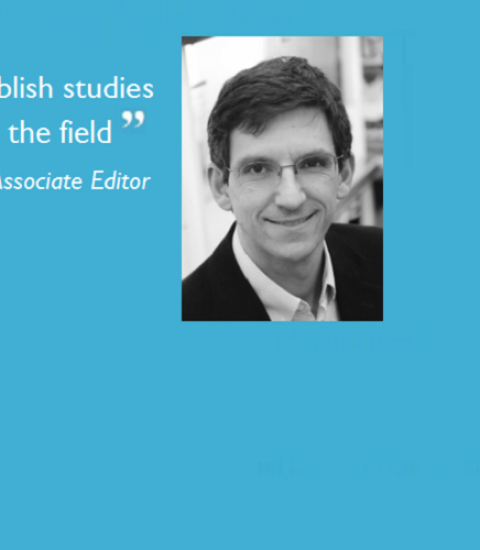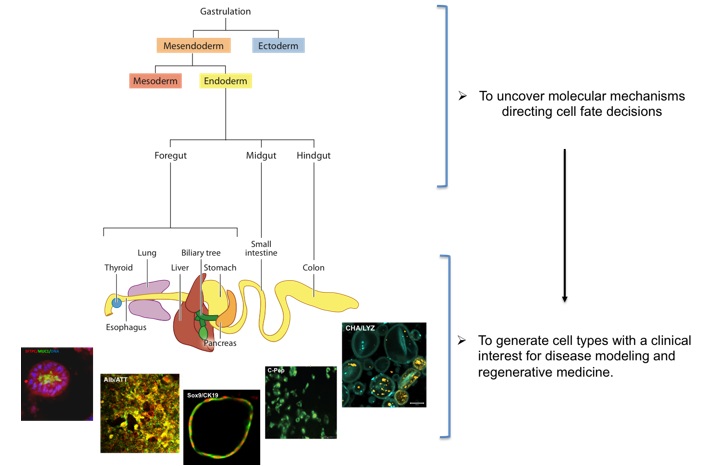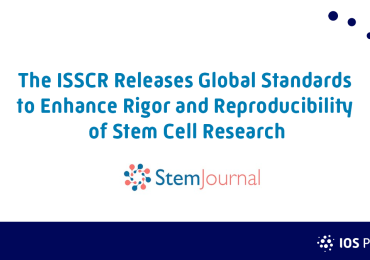
Amsterdam, NL – In no particular order, we would like to introduce you to the people behind our new open access publication.
Ludovic Vallier, PhD joins StemJournal as an Associate Editor from his base in Cambridge, UK where he holds a principal investigator position at the Wellcome-MRC Cambridge Stem Cell Institute (University of Cambridge, Department of Surgery). He is also director of the National Institute for Health Research (NIHR) Cambridge Biomedical Research Centre hIPSC Core Facility. He comments about joining the journal Editorial Board: "I am delighted to join StemJournal. This initiative will provide a rapid and efficient option to publish studies in stem cells and will help to disseminate new knowledge in the field."
Ludovic began his career in France, graduating in molecular biology and immunology from the University Claude Bernard Lyon 1 in 1997. In 2001, he earned his PhD at Ecole Normale Superieur of Lyon in the group of Jacques Samarut, under the supervision of Pierre Savatier, studying mechanisms that control the cell cycle in mouse embryonic stem cells. Following a year in the biotechnology industry, Ludovic joined Professor Pedersen's group at the University of Cambridge, UK. In 2008, he joined the Anne McLaren Laboratory for Regenerative Medicine as a principal investigator and MRC non-clinical senior fellow.
His laboratory studies the basic mechanisms controlling differentiation of human pluripotent cells into pancreas, lung, gut, and liver cells. The overall objective is not only to investigate molecular mechanisms of differentiation but also to generate cell types for clinical studies and for cell-based therapy. In 2017, Ludovic and his colleagues from Cambridge developed a new method for growing and transplanting artificial bile ducts, which in future could help treat liver disease in children.
About his current research, he explains: “My expertise is relatively broad since my group works both on basic mechanisms controlling cell fate decision of human pluripotent stem cells but also on liver diseases. We aim to combine both interest to develop new models for disease and cell-based therapy.” The Vallier Lab studies the basic molecular mechanisms controlling cell fate decisions during early embryonic development and in adult organs; for that, his group utilizes human pluripotent stem cells as in vitro model of development (see visual).




